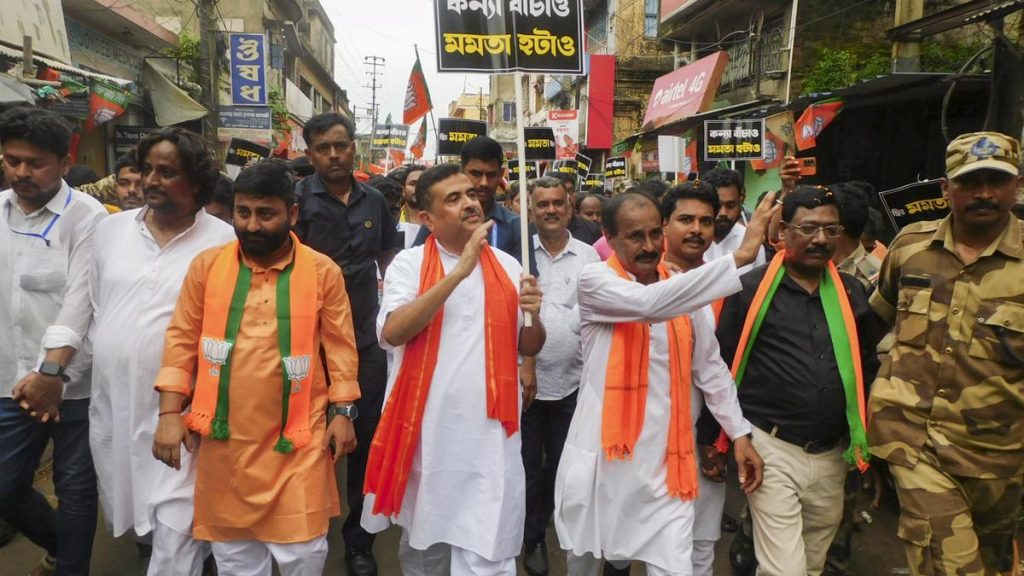Now Reading: ED Finds Irregularities in Telangana Sheep Scheme Fund Transfers
-
01
ED Finds Irregularities in Telangana Sheep Scheme Fund Transfers
ED Finds Irregularities in Telangana Sheep Scheme Fund Transfers
Quick Summary
- Inquiry into Sheep rearing Progress Scheme fraud: The Directorate of Enforcement (ED) is probing financial irregularities in Telangana’s Sheep Rearing Development Scheme (SRDS).
- Scheme details: Funds meant for beneficiaries were allegedly diverted to individuals with no history in livestock trade.
- Raids conducted on July 30, 2025: ED searched eight locations in Hyderabad under the Prevention of Money Laundering Act, 2002. Premises linked to G. Kalyan Kumar, Officer on Special Duty (OSD) to former Animal Husbandry Minister Talasani Srinivasa Yadav, and others were targeted.
- Evidence recovered: Seizures included blank chequebooks, passbooks, debit cards linked to suspected mule accounts, documents related to illegal online betting activities, used mobile phones (31), and SIM cards (20+).
- Audit findings by CAG: the Comptroller and Auditor General’s report revealed system-wide irregularities such as fake invoices and funds allocated for deceased/absent beneficiaries-causing an estimated loss of ₹253.93 crore across seven districts alone; extrapolated losses may cross ₹1,000 crore statewide.
- Complaints filed by Anti-Corruption Bureau: FIRs alleged manipulation and siphoning of funds along with tampering/removal of records following a government change; specific claims pointed at departmental officials diverting payments owed to suppliers.
Read more at The hindu.
Indian Opinion Analysis
The ED investigation highlights deep-rooted governance challenges within public welfare schemes like SRDS in Telangana. instances such as diversion of subsidies intended for vulnerable communities indicate systemic flaws ranging from lack of monitoring mechanisms to possible collusion among officials tasked with implementation.The alleged involvement of politically connected individuals further complicates clarity concerns within government-funded initiatives. Moreover, the projection that losses could exceed ₹1,000 crore statewide underscores significant lapses in accountability frameworks-a recurring theme flagged by audit agencies like the CAG.
While commendable that law enforcement agencies are taking steps under the Prevention of Money Laundering Act against this large-scale misconduct, implications extend beyond financial loss: diminished trust among taxpayers undermines confidence in welfare programs aimed at rural areas’ socioeconomic upliftment.
Such investigations should ideally lead not only to punitive action but also systemic reforms prioritizing transparency through robust beneficiary tracking systems and checks against fraudulent practices. With ongoing probe activities drawing connections across departments and middlemen networks-it remains crucial that justice serves both affected stakeholders within Telangana’s sheep-rearing community and broader public interests dependent on equitable execution standards in similar schemes nationwide






















